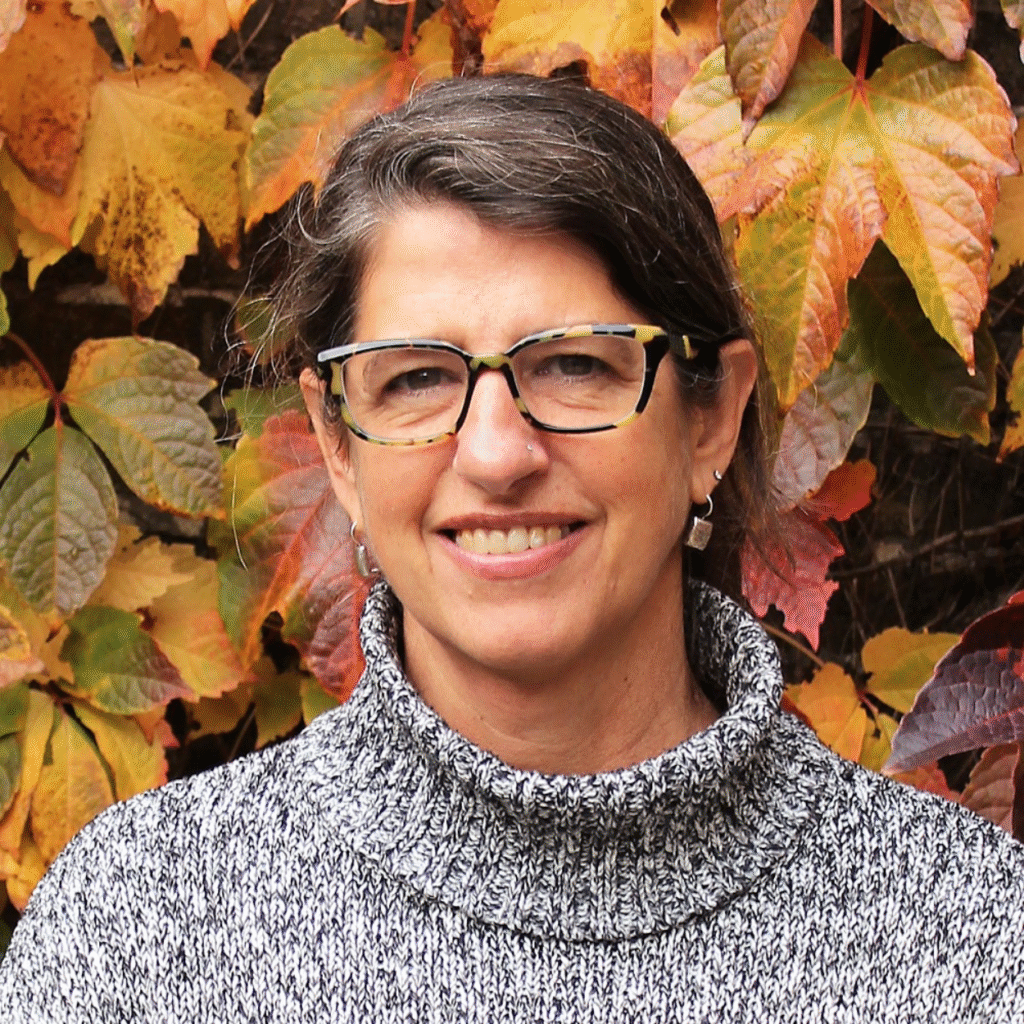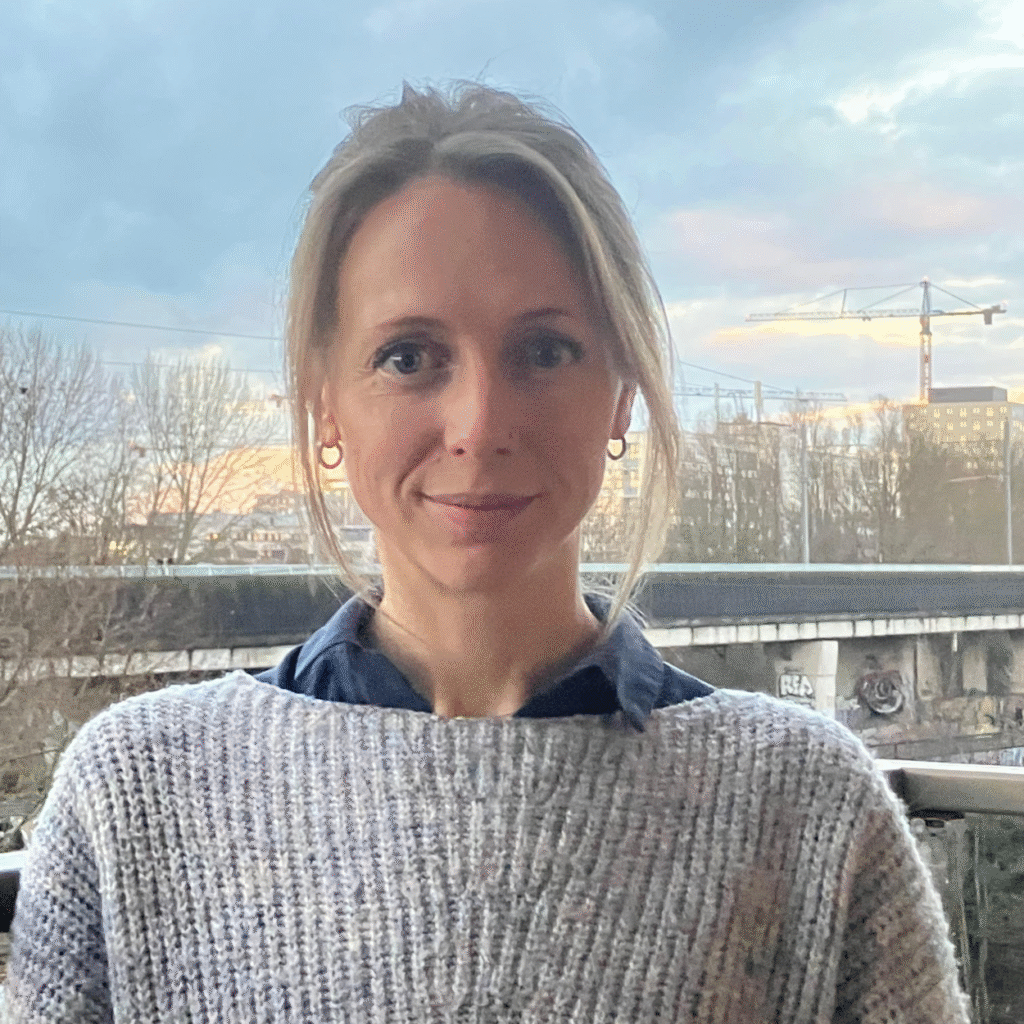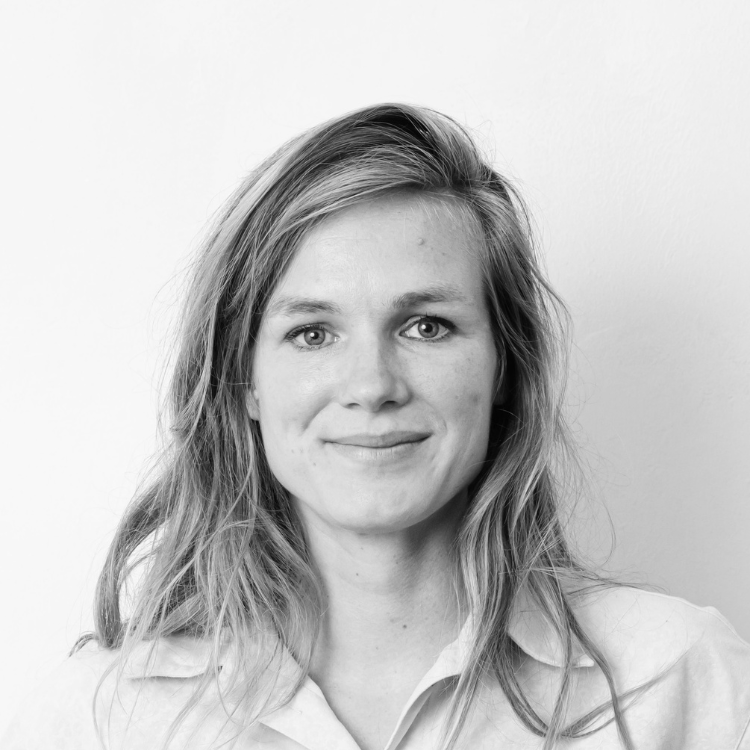Final Conference
24-26 November 2025
Conference Theme: Climate Change and Fossil Fuels: New Narratives
The CLIFF project investigates equitable pathways for phasing out fossil fuels by examining key investors, institutions, and policies that shape decisions around Leaving Fossil Fuels Underground (LFFU). This conference will bring together experts from multiple sectors and disciplines to explore the challenges, justice implications, and strategies required to accelerate a just transition.
Our final conference has passed – please read our conference statement for a summary of cliff’s work
Featuring:
Luis Scungio
Adela Hankus
Frenk van Harreveld
Eric van der Schans
Stephen Horn
Lorenzo Pellegrini
Derk Loorbach
Ruth Carlitz
Nicholas King
Ryan Brightwell
Barbara Hogenboom
Philipp Pattberg
Brenda Kramer
Ana Xambre Pereira
Heather Grady
Simon Birkett
Isa Baud
Mario Veen
Yann Robiou du Pont
Federico Sibaja
Robin van Boxtel
Michele Merrill Betsill
Lavinia Steinfort
Vera de Man
Murat Arsel
Natascha van der Zwan
Sylvia Karlsson-Vinkhuyzen
Milan Babic
Jens van ‘t Klooster
Robert Waalder
Fabian Dablander
Patrick Bond
Christina Eckes
Maaike Baan
Details
Phasing out fossil fuels at the necessary pace to meet climate targets demands systemic transformations involving governments, financial institutions, industries, and civil society. However, existing policies, economic incentives, and power structures often hinder such transitions. In this conference, we aim to analyse and reimagine financial flows, governance structures, and legal frameworks to enable an equitable shift away from fossil fuel dependence.
This conference will provide a space to critically engage with dominant narratives surrounding the energy transition and explore alternatives. The discussions will address key questions such as: What role do investors and financial institutions play in either perpetuating or dismantling fossil fuel dependency? How can justice considerations be better integrated into decision-making processes? What legal and regulatory changes are needed to facilitate a rapid and fair transition?
By bringing together policymakers, academics, industry representatives, and civil society actors, the event seeks to foster interdisciplinary dialogue and generate actionable insights. Participants will examine the intersection of climate justice, stranded assets, litigation, and governance, with the goal of identifying strategies to realign financial and political structures with climate imperatives. The conference will also highlight the role of countervailing powers—social movements, legal activists, and local governments—in challenging entrenched interests and pushing for systemic change. Special attention will be given to the perspectives of the Global South, acknowledging the different constraints and opportunities faced by low- and middle-income countries in the fossil fuel phase-out.
Agenda
Day 1: 24 November
Session 1 – The current politics of climate change and justice: Part I @ 9:25-11:00
How can we counter the current politics and injustices of the climate change regime to reach 1.5℃ and leave fossil fuel underground? By Joyeeta Gupta
Session 2 – The current politics of climate change and justice: Part II @ 11:45-13:00
Why have diplomatic processes failed us and what can be done to enhance the diplomatic processes on climate, energy and development? By Joyeeta Gupta
Session 3 – The politics of the energy transition with a focus on leaving fossil fuels underground @ 14:00-15:30
Given that phasing out fossil fuel is essential to enable a transition to renewables, what is the role of fossil companies and infrastructure in LFFU and how can they be held accountable? By Yang Chen & Nina Herzog-Hawelka
Session 4 – The challenges facing low and middle-income countries in phasing out fossil fuels @ 16:00-17:30
Considering the historical climate negotiation process, what are the options for low- and middle-income countries (taking into account their huge FF resources in LFFU) and how can LFFU be promoted in these countries? Can they leapfrog ahead rather than become locked-into a fossil fuel economy? How can this be encouraged? By Augusto Heras
Day 2: 25 November
Session 5 – Coherence in financial flows: The role of investors – Part I @ 9:15-10:45
How do we align financial flows and hold investors accountable in terms of LFFU? Part 1 by Clara McDonnell, Frank de Morrée & Moataz Yakan Talaat
Session 6 – Coherence in financial flows: The role of investors – Part II @ 11:15-12:45
How do we align financial flows and hold investors accountable in terms of LFFU? Part 2 by Clara McDonnell, Frank de Morrée & Moataz Yakan Talaat
Session 7 – The role of global social movements is essential for LFFU @ 13:45 – 15:15
What is the role of social movements and litigation in promoting leaving fossil fuels underground? How can science inform social movements in this process? By Nina Herzog-Hawelka & Opal Morales Asencio
Session 8 – Scenario workshop: Futures thinking for keeping fossil fuels underground @ 15:45-16:45
How can we develop scenarios for leaving fossil fuels underground? By Nicholas King
Closing @ 16:45-17:00
Lessons learnt (thus far) by Professor Joyeeta Gupta
Day 3: 26 November
Session 9: Keynote @ 9:15-9:45
“Innovation Isn’t Enough: Decarbonisation Needs Behaviour Change” by Professor Frenk van Harreveld
Session 9 (continued): Roundtable @ 9:45-10:45
How can social movements mobilize change? Roundtable organized by Maien Sachistal
Session 10: Forum @ 11:00-12:00
Five presentations on “How can we change people’s behaviour?“
Session 11: Roundtable @ 12:00-13:00
Legal Certainty and Climate Action: How EU Regulatory Volatility Undermines Fossil Fuel Phase-Out, Roundtable organized by Sarah Boucho
Session 12: Forum @ 14:00-15:15
Six presentations on “Decarbonization: Challenges and Opportunities”
Session 13: Roundtable @ 15:15-16:30
Decarbonization and Alternatives for Extractivism, Roundtable organized by Nikkie Wiegink
Closing @ 16:30-17:00
Lessons Learnt, Associate Professor Anke Wonneberger

































